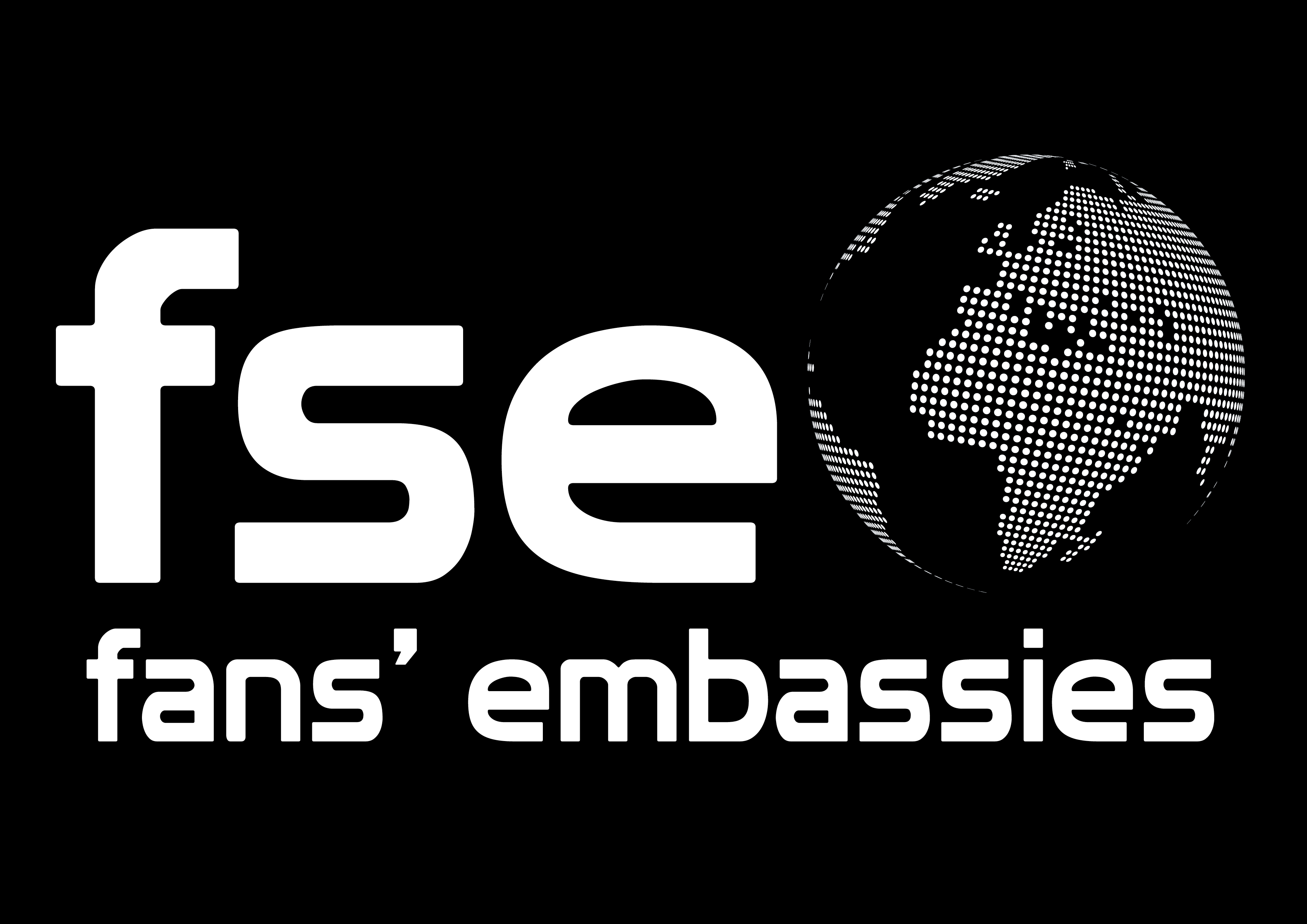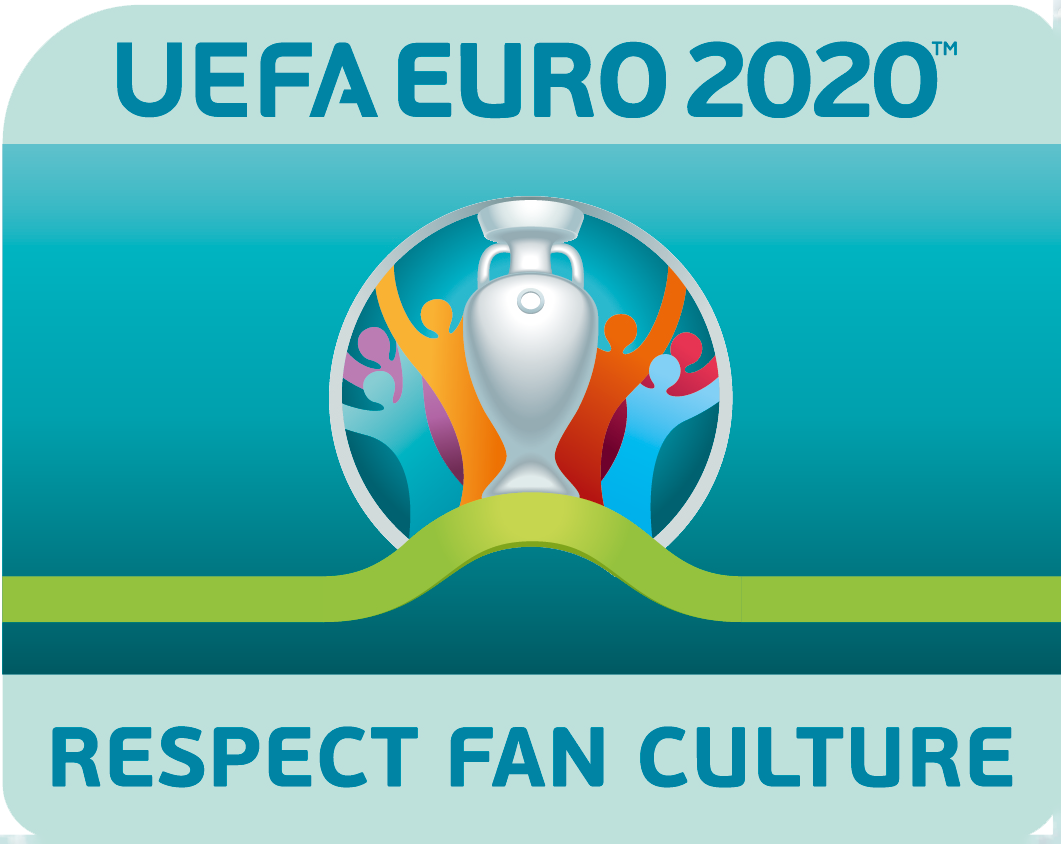2021 has been a challenging year for everybody, including football fans. Even so, the Football Supporters Europe (FSE) Fans’ Embassies network has risen to the challenge, overseeing a successful UEFA EURO 2020 campaign, amongst other things.
Below, Fans’ Embassies project manager Matt Willis reflects on the past 12 months and looks ahead to 2022.
EURO 2020 must have been a complicated tournament to organise around. How did you deal with the preparations?
It definitely was. The fact that it was hosted across 11 nations was confusing enough. But add in the pandemic and all its resulting public health measures and travel restrictions, and it could’ve been a bit of a nightmare.
Thankfully, our fans’ embassies teams were well organised and adaptable. The same was true of a lot of the local organising committees and other stakeholders. Whenever there was a problem that seemed like it might derail the whole thing, everybody was focused on finding a solution, and in most cases, we did.
What about the tournament itself?
Despite worries that we wouldn’t be able to get everybody in the right place at the right time, fans’ embassies volunteers were on hand to provide advice, support, and information to travelling fans throughout the tournament—either on the ground or online. Fans of 19 out of the 24 national teams had some sort of service available to them, including new ones from Czech Republic, Finland, Portugal, and Spain.
Because of this, we were able to successfully resolve several issues that affected fans, including the policing of banners in Rome and the display of rainbow banners after initial problems in Baku, Budapest, and London. We also secured the lowest priced tickets for Italian fans in the bubble trip to the final, down from €295 to €95.
From a personal point of view, it was difficult to run the project without being able to speak to people face-to-face. But the level of communication and cooperation was incredible—in no small part due to continued and consistent structured dialogue between fans’ groups, public authorities, and tournament organisers.
Did EURO 2020 lead to any new opportunities for the network?
Yes, it did. We’ve managed to significantly expand the network among fans of national teams, for a start.
We’ve reached out to fans’ groups in the Faroe Islands, Kazakhstan, San Marino, Estonia, and Kosovo—all countries where we previously had few contacts. FSE now has members in 52 UEFA nations, including 61 national and transnational organisations, meaning that we’re in our best ever position to represent the views and interests of European football fans.
That said, we know that we can grow even further, and that’s always our aim to make certain that we can support as many national team fans as possible.
Over the summer, FIFA announced plans to host the World Cup every two years. How did FSE and the Fans’ Embassies Division react?
It’s a terrible idea and the overwhelming majority of fans across Europe, if not the world, oppose it.
There’s no good reason to dispense withso many years of tradition without evidence that the alternative will improve the global game.A two-year cycle will destroy the balance between local, domestic, continental, and international competitions and calendars, and devalue the World Cup itself. What’s more, FIFA haven’t even bothered to consult fans and fans’ group.
That’s why FSE and 62 transnational and national fans’ organisations from all six FIFA confederations signed a joint statement in opposition to the proposals.
What does 2022 hold for fans’ embassies?
In July, we’ll be running fans’ embassies at the 2022 Women’s EUROs in England, the first time we’ve done so at a women’s tournament. We’ll be working closely with the Football Supporters’ Association (FSA) to ensure that travelling fans have access to a wide range of information, advice, and support.
Then there’s the World Cup in Qatar. Qualification will be confirmed in March for UEFA competitors, so we’ll have a better idea of the specific challenges for fans’ embassies at that point. And, of course, FSE will continue to work closely with human rights organisations through the Sport & Rights Alliance (SRA).
Is there anything else that you’d like to add?
We’d just like to thank all the volunteers who have worked so hard to make sure that the fans’ embassies project has been a success. We’re really looking forward to working with them next year, in both the men’s and women’s game.

